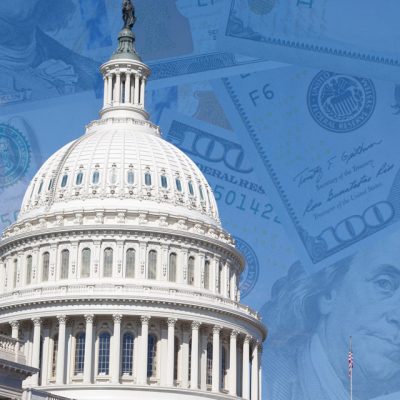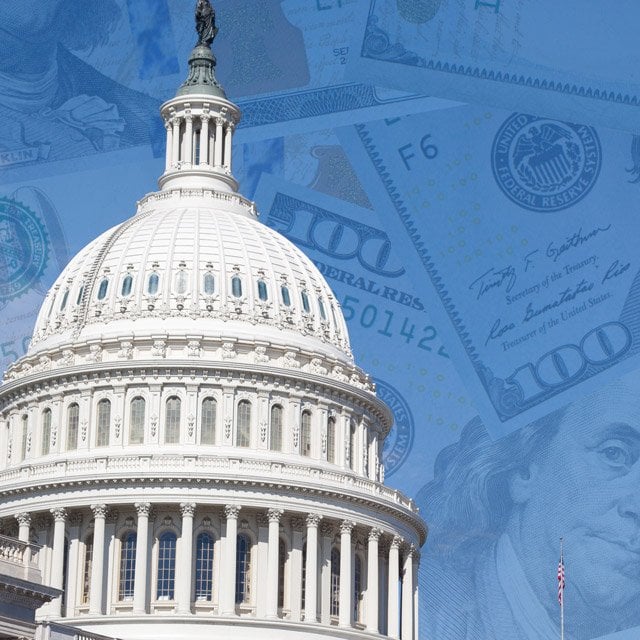5 Big Losers of Tax Reform: Year-End Tax Reminder
1. Homeowners with large mortgages and some with HELOCs.
There's a new limit on interest deductibility for mortgages and home equity lines of credit. Interest on mortgages that are above $750,000 and that were originated after 12/15/17 is no longer deductible. Neither is interest on HELOCs not used for acquisition, building, or improvements on a taxpayer's principal home. In addition, taxpayers with more than $1 million in loans for acquisition can no longer deduct interest from an additional $100,000 in acquisition debt.
2. Itemizers with high combined state and local taxes or foreign property taxes, or employees with unreimbursed expenses connected with work.
Now there's a $10,000 ceiling on the deductibility of state and local taxes, which penalizes those who live in high-tax states like New Jersey, New York and Connecticut. Foreign property taxes are no longer deductible at all, and employees who maintain offices in their homes or aren't reimbursed for business-related travel, miles, meals or entertainment are stuck.
3. Self-employed taxpayers.
Self-employed taxpayers whose income is above the threshold (taxable income that exceeds $315,000 for a married couple filing a joint return, or $157,500 for all other taxpayers) will be ineligible for the new Section 199A Qualified Business Income deduction if they are in a "Specified Service Trade or Business (SSTB)."
4. Parents and taxpayers with dependents.
Taxpayers with dependents 17 and over will lose the dependent exemption and the Child Tax Credit.
5. Soon-to-be-divorced taxpayers.
Taxpayers divorced after 12/31/18 who must pay alimony will find that alimony is no longer a valid tax deduction. In addition, taxpayers who receive alimony and will have a final divorce decree before 1/1/19 will have to claim the alimony as ordinary income. --- Related on ThinkAdvisor:
© 2025 ALM Global, LLC, All Rights Reserved. Request academic re-use from www.copyright.com. All other uses, submit a request to [email protected]. For more information visit Asset & Logo Licensing.
Featured Resources
View All
Sponsored by Illinois Mutual Life Insurance Company
4 Reasons To Sell Simplified Issue Disability Income Insurance (SIDI)

Sponsored by Illinois Mutual Life Insurance Company
Simplified Issue Disability Income Insurance (SIDI): A Smarter Way to Sell and Protect







